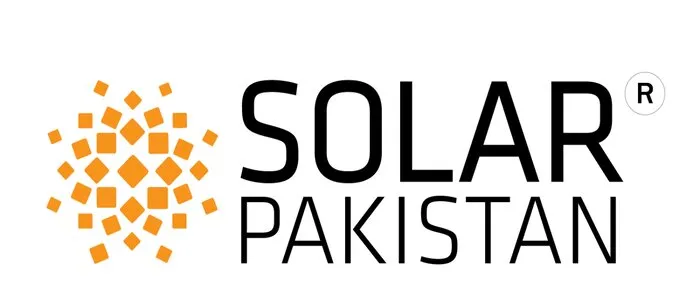In a testament to the increasing acceptance and reach of Islamic banking, the assets of Islamic banks have surged, reaching an impressive figure of over Rs. 8 trillion by the end of September 2023. This remarkable growth in asset value and deposits is highlighted in the Islamic Banking Bulletin released by the State Bank of Pakistan (SBP), showcasing the Islamic Banking Industry’s (IBI) growing prominence in the financial landscape.
According to the SBP report, the assets of the IBI witnessed substantial growth, reaching Rs. 8.417 trillion by September 2023, a significant leap from Rs. 1.5 trillion recorded in the same month of 2022. In tandem, the deposits of the IBI crossed the six trillion mark, standing at Rs. 6.160 trillion by the end of September 2023, marking an expansion of over Rs. 1.1 trillion from the previous year. As of September 2023, the market share of IBI’s assets and deposits in the overall banking industry reached 19.6 percent and 22.5 percent, respectively.
Over the past year, the branch network of IBI experienced robust growth, increasing by 475 branches to a total of 4,666. This expansion is indicative of the increasing business operations and a growing customer base for Islamic banks.
Comprising 22 Islamic Banking Institutions (IBIs), including 6 full-fledged Islamic banks (IBs) and 16 conventional banks with standalone Islamic Banking Branches (IBBs), the IBI sector continues to make substantial strides. The investment in Islamic banking also saw a notable surge, reaching over Rs. 3 trillion, reflecting a remarkable 105 percent year-on-year growth.
The rise in investment is attributed to the government’s frequent issuance of various Sukuks to secure funds for budgetary expenses. The government’s preference for Islamic banking industry funds, given their lower profit rates compared to conventional banks on T-Bills and PIBs, has contributed to this trend.
However, the financing aspect of IBI reported modest growth, with a 1.3 percent year-on-year increase of Rs. 41 billion. Despite reaching Rs. 3.02 trillion in September 2023 from Rs. 2.98 trillion in September 2022, customers exhibited reluctance to avail financing facilities from Islamic banks, citing the comparatively higher profit rates and economic slowdown.
It’s worth noting that the banking regulator responded to the request of Islamic banks by delinking KIBOR for various services to customers, showcasing ongoing efforts to enhance the Islamic banking experience.





